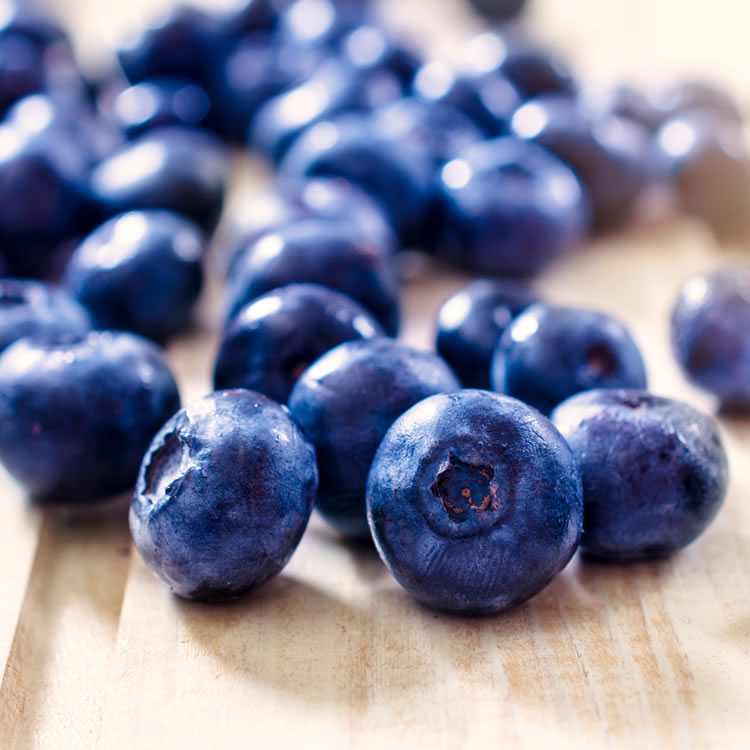Berkhamsted Sports © 2018. All Rights Reserved.
Designed by Keep it Simple Websites

FOOD FOR THOUGHT.
There is no “magic” plan. What you eat depends not just on factors like gender, age, fitness, and genetics, but also on your training plan and goals. This means your recommended range of macronutrients (carbs, protein, fat) changes—which we now call periodized performance eating. Start with nutrition articles (like mine!), but tailor the advice to fit your body’s demands.
Keep a log and take photos of your training diet during your low mileage and higher intensity seasons. Use a health tracker app to better understand your caloric intake and macronutrient breakdown. For example, a 150-pound runner logging 25 miles a week and eating 2,300 calories a day needs about 70 to 100 grams of protein, 250 to 350 grams of carbs, and 30 to 70 grams of fat.
Practice makes perfect. Training runs prepare you for race day. But you also have to practice your nutrition. Research shows that you can teach your body to better absorb carbs by trying your fueling routines before your race. Too often, marathoners try to consume carbs every 30 to 60 minutes (which is good!) during their race but haven’t trained their stomach for this type of constant fueling.
Practice your mid-run nutrition—30 to 60 grams of carbs every hour. Try the drinks and gels (if any) that will be offered on the racecourse, and take note of what works.
Don’t (always) believe the hype. Superfoods (like kale, blueberries, sweet potatoes) are called super for a reason. Nutrient-packed foods have health benefits, but an all-kale diet won’t make you the next Olympian (sorry!). The same goes for supplements. If it sounds too good to be true, it probably is.
Eat kale, blueberries, and sweet potatoes. But also look into the validity of sky-high claims with credible sources: the Office of Dietary Supplements of the National Institutes of Health, the Academy of Nutrition and Dietetics, and Sports, Cardiovascular, and Wellness Nutrition.

A marathon, not a sprint. On the road, you want to be fast. But to sustain a lifelong healthy weight, patience and consistency are key. Strategies for weight loss and maintenance have changed based on research, but the bottom line is the same: Burn more calories than you consume. Studies show that those who keep their fit figure are consistent with their fitness routines (60 minutes of daily physical activity), avoid dieting extremes (don’t ditch carbs!), and have balanced nutrition.
Keep tabs on weight fluctuations. That will help you curb weight gain by seeing which lifestyle changes contributed to the creep.
For more inspiration on running food contact Dave in store, as he is currently training for the Austrian Iron Man competition, so can help you get on track. Why not get your gait analysis done whilst you are in store and check out our wonderful runners section online from top brands.
Statistics courtesy of Liz Applegate Phd.
Berkhamsted Sports, High Street, Berkhamsted, Herts, HP4 1AQ
01442 862 626
Berkhamsted Sports © 2018. All Rights Reserved.
Designed by Keep it Simple Websites

Running Is More Than Just Trainers.